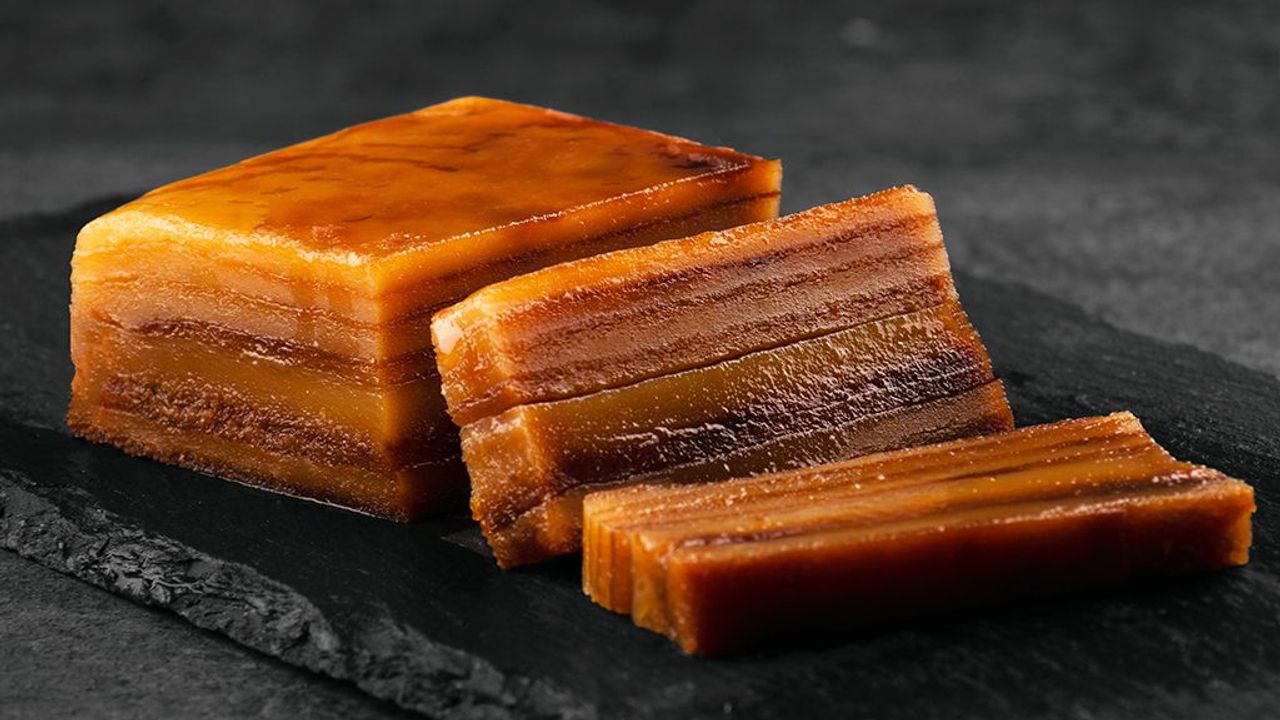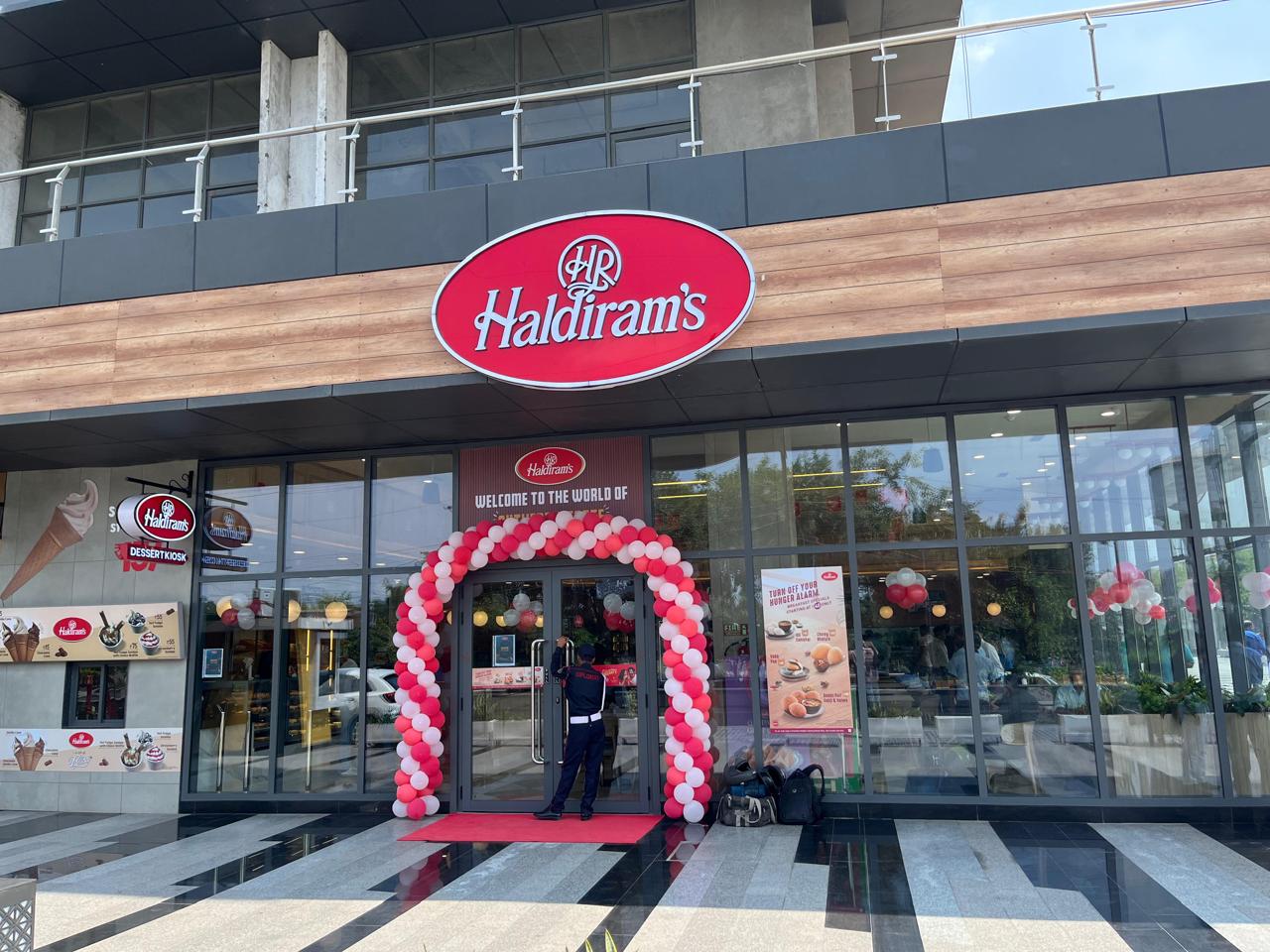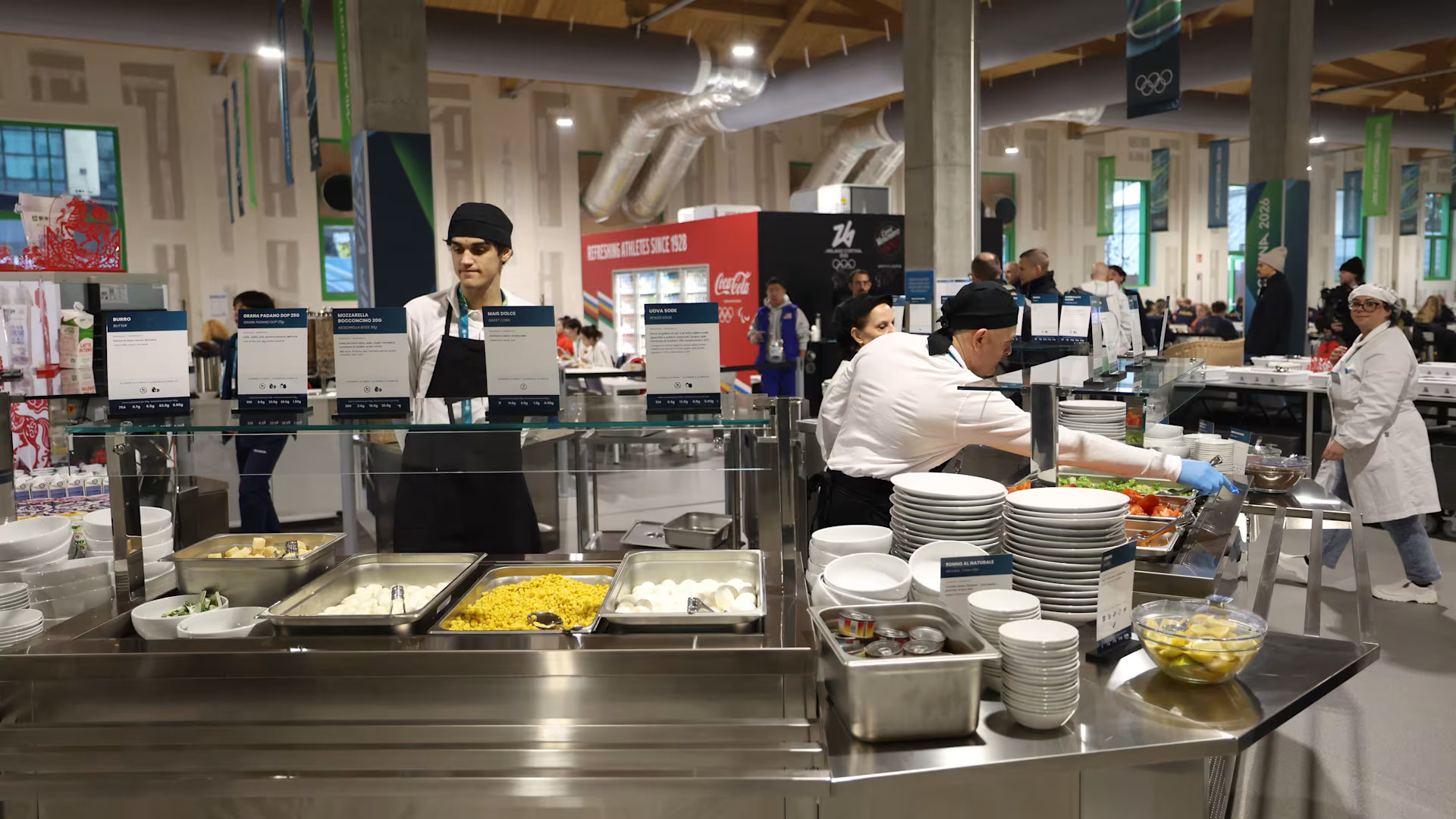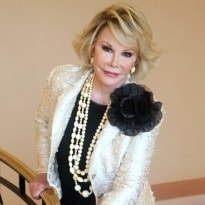A few months before she died, Joan Rivers agreed to contribute to a book about Jewish food. She began with some old family stories and some old Jewish jokes."What does a Jewish woman make for dinner? Reservations.""You know how they butcher kosher meat, right? The cows aren't slaughtered. They're nagged to death."
Rivers, who died Sept. 4 at age 81, is the opening act for "Eating Delancey: A Celebration of Jewish Food." Set to be published in December by powerHouse Books, "Eating Delancey" is a tribute to knishes, bagels, pickles and other staples of the Jewish immigrant community of Manhattan's Lower East Side. It features memories from Don Rickles, Isaac Mizrahi and Itzhak Perlman, among others.When the publishers were putting together a wish list for the book, they quickly thought of Rivers, a legend among friends and family for her savory, sardonic passover gatherings. PowerHouse press liaison Abbe Aronson, also a contributor to the book, says she spoke to Rivers in April. The conversation was supposed to last just a few minutes, but ran for nearly an hour. They ended up with so much material that powerHouse decided to use it for the introduction."The more we chatted about Jewish food, the more animated and nostalgic she became," Aronson says, "telling us stories about the food she enjoyed growing up and what dishes she craved as an adult, the few times she would actually indulge in such rich food. What was absolutely clear as well was the fact that she was enjoying recounting these stories as a way to keep these memories alive, for not only herself but for her family."The gateway to great Jewish food, Rivers told Aronson, was not through her mother -- "a very chic woman, very well read, a great hostess, and a horrible cook." Rivers, a native and lifelong resident of New York City, credited her father, a doctor who had a "huge ethnic practice" in Brooklyn."Obviously, most patients paid him but some could not afford to, and so they'd bring food in exchange for medical services," she explained. "We got soups, blintzes ... you name it. Stuffed derma was a big one for fixing a burst appendix. Oh my God, the food ... it was just terrific and this is how I grew up -- eating such food cooked with love and delivered by infirm and dying patients."Rivers dropped all the right names: kasha varnishkes, eggele (or eyerlekh, which is Yiddish for "little eggs," she noted) and gribenes. She worried that her grandson, Cooper, "looks at Jewish food and doesn't really get it."And she contemplated the menu for an imagined last meal, starting with "a good piece of gefilte fish with some fantastic freshly grated horseradish on it." Or perhaps noodle kugel. Definitely kreplach. Just don't go out for Chinese."I'm not happy at a Chinese restaurant. I want kreplach! Jewish food makes Italian food seem like Lean Cuisine," she said. "The amazing thing is, believe it or not, I only had so-so Jewish food in Israel. Maybe it's because my hostess' daughter was a vegan."
Rivers, who died Sept. 4 at age 81, is the opening act for "Eating Delancey: A Celebration of Jewish Food." Set to be published in December by powerHouse Books, "Eating Delancey" is a tribute to knishes, bagels, pickles and other staples of the Jewish immigrant community of Manhattan's Lower East Side. It features memories from Don Rickles, Isaac Mizrahi and Itzhak Perlman, among others.When the publishers were putting together a wish list for the book, they quickly thought of Rivers, a legend among friends and family for her savory, sardonic passover gatherings. PowerHouse press liaison Abbe Aronson, also a contributor to the book, says she spoke to Rivers in April. The conversation was supposed to last just a few minutes, but ran for nearly an hour. They ended up with so much material that powerHouse decided to use it for the introduction."The more we chatted about Jewish food, the more animated and nostalgic she became," Aronson says, "telling us stories about the food she enjoyed growing up and what dishes she craved as an adult, the few times she would actually indulge in such rich food. What was absolutely clear as well was the fact that she was enjoying recounting these stories as a way to keep these memories alive, for not only herself but for her family."The gateway to great Jewish food, Rivers told Aronson, was not through her mother -- "a very chic woman, very well read, a great hostess, and a horrible cook." Rivers, a native and lifelong resident of New York City, credited her father, a doctor who had a "huge ethnic practice" in Brooklyn."Obviously, most patients paid him but some could not afford to, and so they'd bring food in exchange for medical services," she explained. "We got soups, blintzes ... you name it. Stuffed derma was a big one for fixing a burst appendix. Oh my God, the food ... it was just terrific and this is how I grew up -- eating such food cooked with love and delivered by infirm and dying patients."Rivers dropped all the right names: kasha varnishkes, eggele (or eyerlekh, which is Yiddish for "little eggs," she noted) and gribenes. She worried that her grandson, Cooper, "looks at Jewish food and doesn't really get it."And she contemplated the menu for an imagined last meal, starting with "a good piece of gefilte fish with some fantastic freshly grated horseradish on it." Or perhaps noodle kugel. Definitely kreplach. Just don't go out for Chinese."I'm not happy at a Chinese restaurant. I want kreplach! Jewish food makes Italian food seem like Lean Cuisine," she said. "The amazing thing is, believe it or not, I only had so-so Jewish food in Israel. Maybe it's because my hostess' daughter was a vegan."
Advertisement












